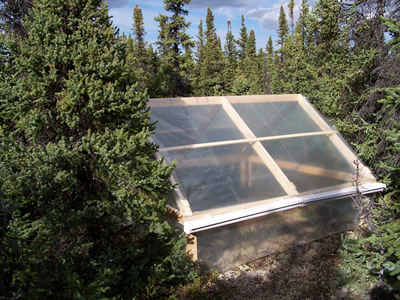Solar System Discoveries
Who discovered the planets? For many of the planets in the solar system, we'll never know! Some planets are so bright in the sky that the first observers of these planets are lost in the distant past of early civilizations. Venus was carefully observed in early Mesoamerican cultures. The most distant planets were discovered in the last century, and we're now still discovering Dwarf planets, in our solar system and beyond. Visit the links here to find out more about what we know about the discovery of planets."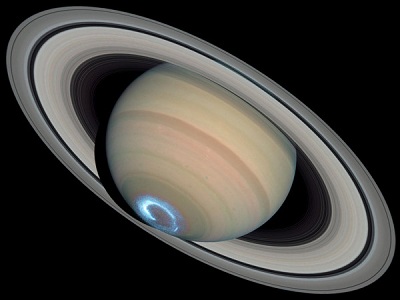
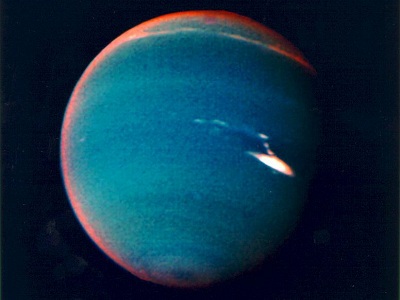
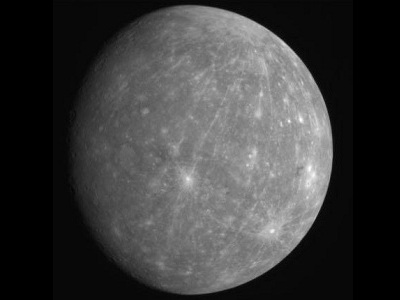
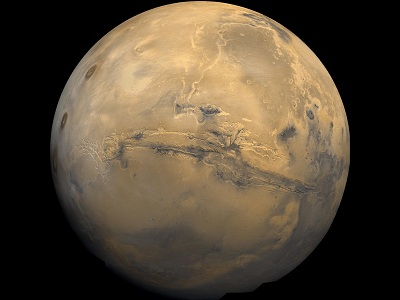
Please log in
Science Blogs
Real Climate: climate science from climate scientists

Windows to the Universe, a project of the National Earth Science Teachers Association, is sponsored in part is sponsored in part through grants from federal agencies (NASA and NOAA), and partnerships with affiliated organizations, including the American Geophysical Union, the Howard Hughes Medical Institute, the Earth System Information Partnership, the American Meteorological Society, the National Center for Science Education, and TERC. The American Geophysical Union and the American Geosciences Institute are Windows to the Universe Founding Partners. NESTA welcomes new Institutional Affiliates in support of our ongoing programs, as well as collaborations on new projects. Contact NESTA for more information.






